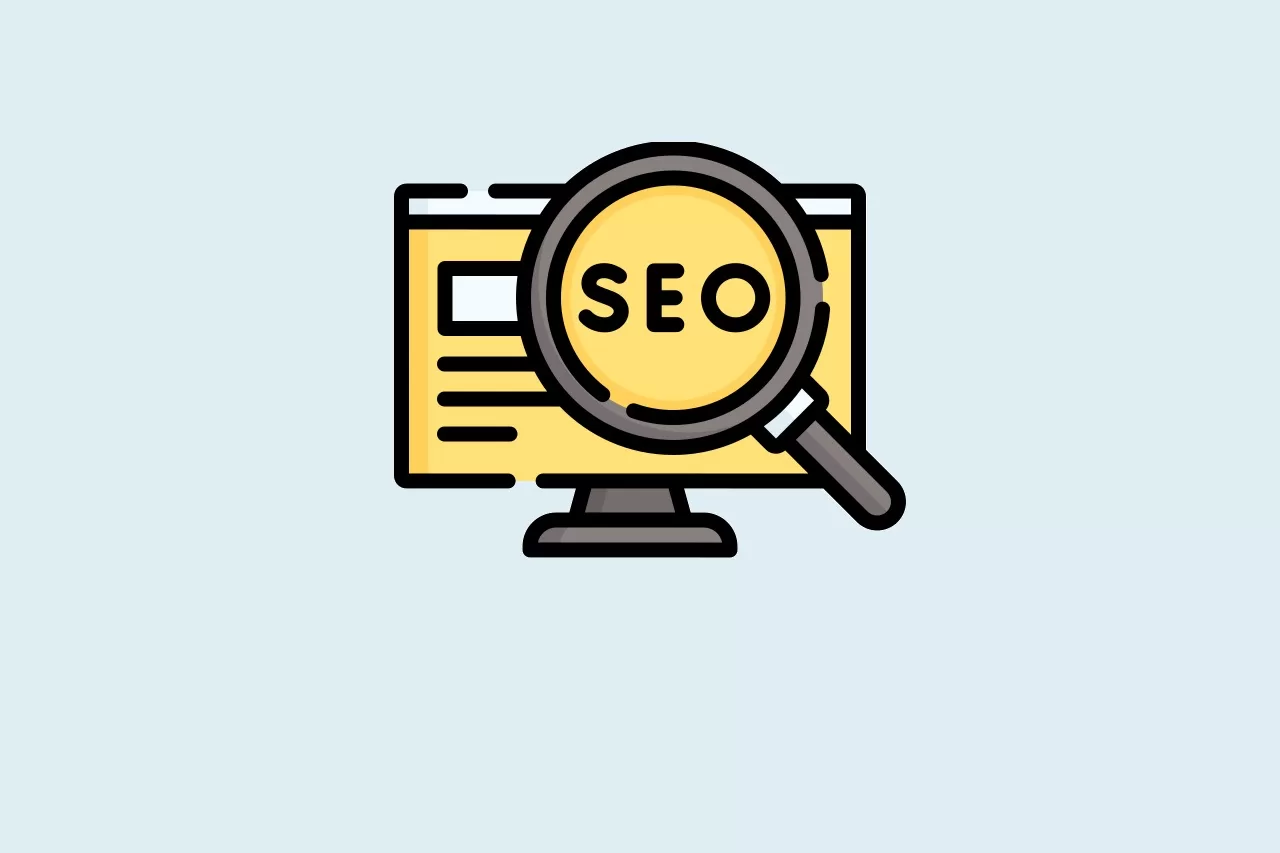The Ultimate Guide to SEO Consultancy for WordPress Websites

consultoria seo wordpress
In today’s digital landscape, having a strong online presence is crucial for the success of any business. And when it comes to optimizing your WordPress website for search engines, hiring an SEO consultancy can make a world of difference. In this comprehensive guide, we’ll explore the ins and outs of SEO consultancy for WordPress websites. From understanding the basics to implementing advanced strategies, we’ll cover it all. So, let’s dive in!
1. Understanding SEO Consultancy
SEO consultancy is the process of hiring an expert or agency to optimize your website for search engines. It involves a deep analysis of your website’s current performance and implementing strategies to improve its visibility in search engine results pages (SERPs). A professional SEO consultant will have extensive knowledge of the latest SEO techniques, algorithms, and best practices.
2. Why SEO Consultancy is Important for WordPress Websites
WordPress powers over 40% of all websites on the internet, making it a popular choice for businesses of all sizes. However, simply having a WordPress website is not enough. To stand out from the competition and attract organic traffic, you need to optimize your website for search engines. This is where SEO consultancy comes into play. By leveraging the expertise of an SEO consultant, you can enhance your website’s visibility, increase organic traffic, and ultimately, grow your business.
3. Finding the Right SEO Consultancy for Your WordPress Website
Finding the right SEO consultancy for your WordPress website is crucial for the success of your SEO efforts. Here are a few key factors to consider when choosing a consultant or agency:
- Experience and Expertise: Look for consultants or agencies with a proven track record in SEO, especially for WordPress websites. Check their portfolio and client testimonials to gauge their expertise.
- Industry Knowledge: Ensure that the consultant or agency has experience working in your industry. Familiarity with your niche can make a significant difference in optimizing your website effectively.
- Transparency and Communication: Choose a consultant or agency that maintains open communication and provides regular progress reports. Transparency is key to building a successful working relationship.
- Customized Approach: Avoid one-size-fits-all solutions. A good SEO consultant will tailor their strategies to meet your specific business goals and requirements.
4. SEO Audit: Laying the Foundation for Success
Before diving into the nitty-gritty of SEO optimization, it’s crucial to conduct a comprehensive SEO audit of your WordPress website. This audit will help identify areas that need improvement and provide a roadmap for your SEO strategy. Here are the key components of an SEO audit:
Technical SEO Audit
A technical SEO audit focuses on the technical aspects of your website that can impact its search engine visibility. It involves analyzing factors such as website speed, mobile-friendliness, crawlability, and site structure. Some key areas to consider during a technical SEO audit include:
- Website loading speed optimization
- Mobile-friendliness and responsive design
- XML sitemap and robots.txt file optimization
- Internal linking structure
- URL structure and formatting
On-Page SEO Audit
An on-page SEO audit evaluates the optimization of individual web pages on your website. It includes analyzing factors such as meta tags, headings, keyword usage, and content quality. Here’s what to consider during an on-page SEO audit:
- Title tags and meta descriptions
- Header tags (H1, H2, H3)
- Keyword optimization in content
- Image alt tags and file names
- URL optimization
Off-Page SEO Audit
Off-page SEO refers to the actions taken outside your website to improve its search engine rankings. An off-page SEO audit focuses on analyzing your website’s backlink profile and overall online reputation. Key areas to consider during an off-page SEO audit include:
- Backlink analysis: quality, quantity, and relevancy
- Social media presence and engagement
- Brand mentions and online reputation management
- Competitor analysis
5. Keyword Research: The Backbone of SEO
Keyword research is a critical step in any SEO campaign. It involves identifying the keywords and phrases that your target audience is searching for. By optimizing your content around these keywords, you can increase your website’s visibility in search engine results. Here’s how to conduct effective keyword research for your WordPress website:
Identifying Relevant Keywords
Start by brainstorming a list of broad keywords related to your industry. Then, use keyword research tools like Google Keyword Planner, SEMrush, or Ahrefs to expand your list and discover additional relevant keywords. Consider factors like search volume, competition, and relevancy when selecting keywords.
Long-tail Keywords: The Hidden Gems
Long-tail keywords are longer and more specific keyword phrases that have lower search volume but higher conversion potential. They are often easier to rank for and can attract highly targeted traffic. Incorporate long-tail keywords into your content strategy to capture niche audiences actively searching for specific information.
Tools for Effective Keyword Research
Several tools can aid in your keyword research process. Here are some popular ones:
- Google Keyword Planner: A free tool that provides keyword ideas, search volume, and competition data.
- SEMrush: A comprehensive SEO toolkit that offers keyword research, competitor analysis, and more.
- Ahrefs: A powerful SEO toolset with a focus on backlink analysis and keyword research.
- Moz Keyword Explorer: A tool that provides keyword suggestions, search volume, and difficulty scores.
6. On-Page Optimization: Enhancing Your Content
On-page optimization involves optimizing various elements on your web pages to improve their visibility in search engine results. Here are some key on-page optimization techniques for your WordPress website:
Crafting SEO-friendly Titles and Meta Descriptions
Ensure that each page on your WordPress website has a unique and descriptive title tag and meta description. Incorporate relevant keywords naturally while maintaining readability. A compelling title and meta description can improve click-through rates from search results.
Optimizing Heading Tags
Use heading tags (H1, H2, H3) to structure your content and highlight important sections. Include your target keywords in heading tags where appropriate, but avoid keyword stuffing. Well-organized and properly optimized headings can improve both user experience and search engine visibility.
Improving URL Structure
Make sure your URLs are concise, descriptive, and include relevant keywords. Avoid using generic URLs with numbers or special characters. A well-structured URL can provide search engines with valuable information about the content of your page.
Content Optimization Best Practices
- Keyword Placement: Incorporate your target keywords naturally throughout your content, including in the first paragraph, headings, and subheadings.
- Quality and Relevance: Create valuable, informative, and engaging content that caters to the needs of your target audience. High-quality content tends to attract more backlinks and social shares, which can improve your website’s authority and visibility.
- Images and Multimedia: Optimize images by reducing their file size, adding alt tags, and using descriptive file names. Multimedia elements like videos and infographics can enhance user engagement and improve SEO.
Conclusion
SEO consultancy plays a crucial role in optimizing WordPress websites for search engines. By understanding the basics of SEO consultancy, conducting thorough SEO audits, conducting effective keyword research, implementing on-page optimization techniques, and staying up-to-date with the latest SEO trends, you can significantly improve your website’s visibility and attract organic traffic. Remember, SEO is an ongoing process that requires constant monitoring, analysis, and adaptation. So, start implementing these strategies and watch your WordPress website soar to new heights in search engine rankings.




